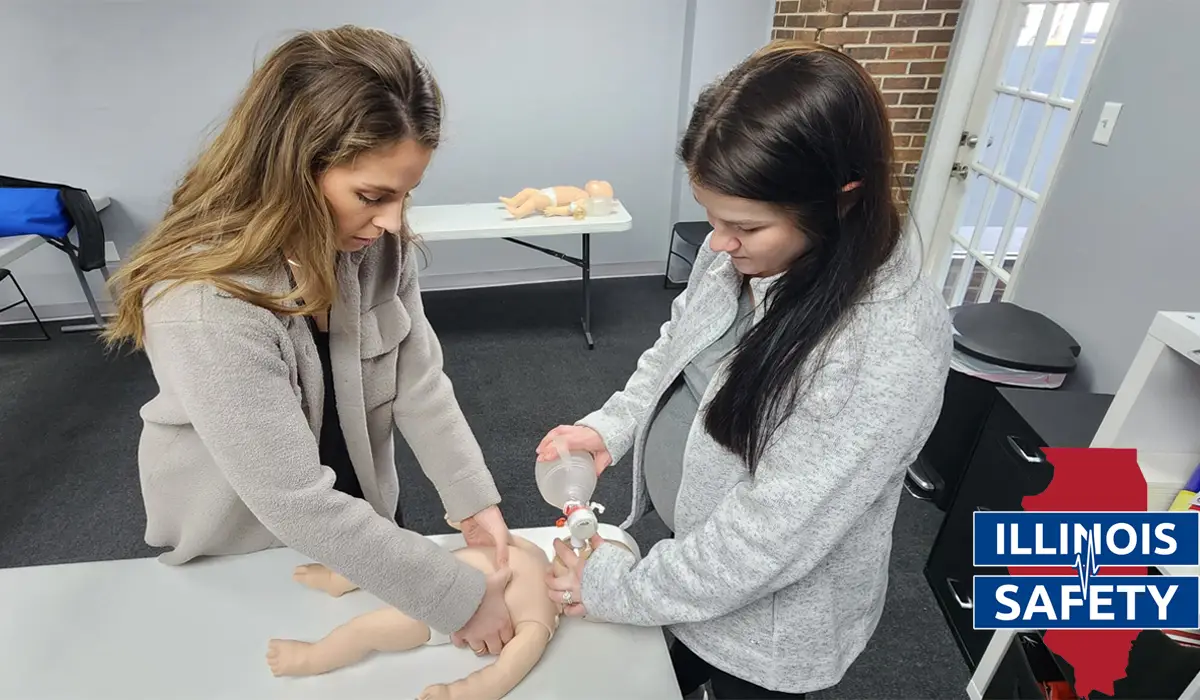
PALS Training: Enhancing Pediatric Care Skills Of Healthcare Providers
PALS Training To Enhance Pediatric Care Skills
Discover the ultimate destination for comprehensive life-saving training at Illinois Safety. As a leading provider of top-rated medical training, one of our primary focuses is on Pediatric Advanced Life Support (PALS) training, equipping healthcare providers with the skills to handle critical pediatric emergencies. Get ready to be inspired by their honest feedback and unlock a world of insights and delightful stories that will leave you smiling! Find your way to our convenient office locations and unlock the gateway to seamless service and personalized care. Ready to take the first step in enhancing your life-saving skills? Reach out to us today at (630) 290-4280, and let’s get started!
Advantages Of PALS Training
The health and well-being of children are of paramount importance, especially during medical emergencies. PALS training equips healthcare providers with the necessary skills and knowledge to deliver life-saving care to pediatric patients in critical situations. It is an invaluable resource that empowers healthcare professionals to respond effectively and confidently when faced with pediatric emergencies.
• Comprehensive Pediatric Care Skills Development
Comprehensive Pediatric Care Skills Development: Pediatric Advanced Life Support training goes beyond basic life support techniques and delves into advanced assessment and treatment strategies specific to pediatric patients. Healthcare providers gain a thorough understanding of the unique physiology of children and develop the ability to identify and manage potential life-threatening conditions in pediatric cases.
• Enhanced Confidence And Competence In Emergency Situations
Enhanced Confidence and Competence in Emergency Situations: Pediatric emergencies can be emotionally challenging and stressful for healthcare providers. Through training, medical professionals gain the necessary skills and confidence to respond promptly and effectively during high-pressure situations, thereby optimizing patient outcomes.
• Improved Teamwork And Communication
Improved Teamwork and Communication: training emphasizes a team-based approach to pediatric resuscitation. Healthcare providers learn to work cohesively, communicate clearly, and delegate tasks efficiently during critical moments. This collaborative environment enhances the overall quality of care provided to pediatric patients.
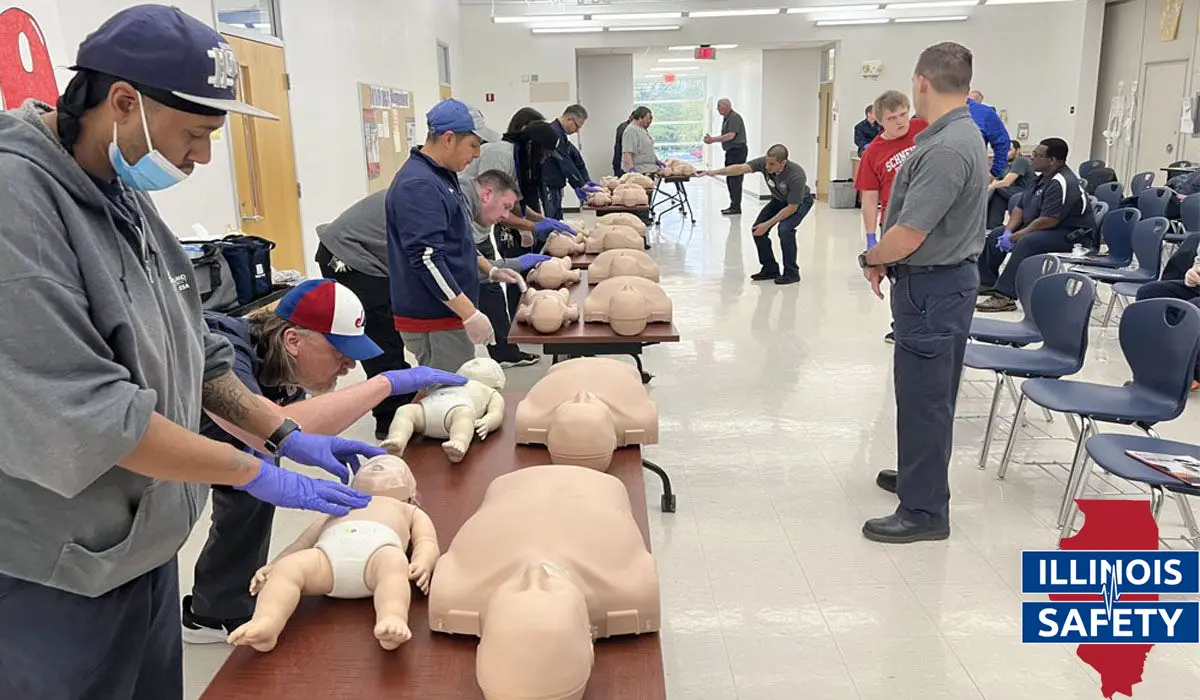
Understanding PALS Training
These specialized training programs equip healthcare providers with essential skills to handle critical pediatric emergencies confidently and effectively. By mastering the latest life-saving techniques, professionals can swiftly intervene during crises, providing children with the best chance of survival.
Classes offer hands-on training under the guidance of experienced instructors. This method fosters real-time interaction, immediate feedback, and the opportunity to practice essential life-saving techniques in a controlled environment.
For the utmost convenience and flexibility, healthcare providers can take part in the classes online. These interactive virtual programs provide comprehensive training through multimedia resources and self-paced learning modules. Online classes allow learners to study at their convenience, making it easier to balance professional commitments.
Choosing The Right PALS Training Certification
Choosing the right Pediatric Advanced Life Support certification is of utmost importance for healthcare professionals. It goes beyond just obtaining a card; it ensures that providers are equipped with the necessary knowledge and skills to deliver quality care to critically ill children.
• The American Heart Association PALS Certification
The American Heart Association is a recognized authority in cardiovascular and pediatric resuscitation training. Obtaining a PALS certification from this reputable organization ensures that healthcare providers receive the highest standard of training.
• Benefits Of Accredited PALS Certification
Accredited certifications are widely accepted by healthcare institutions, ensuring that certified providers are competent and reliable in pediatric emergencies. Moreover, accredited programs adhere to the most up-to-date guidelines and best practices.
Preparing For PALS Training
Choosing the right certification and adequately preparing for training are crucial steps in ensuring the highest level of pediatric care. Pediatric Advanced Life Support training equips healthcare providers with the knowledge and skills needed to respond effectively to life-threatening emergencies in infants and children.
• Prerequisites And Eligibility
Before enrolling in a PALS course, healthcare providers must meet specific prerequisites, which may include holding a current Basic Life Support (BLS) certification and possessing a valid healthcare provider license.
• Study Materials And Resources
PALS training typically involves studying comprehensive manuals and guidelines. Additionally, learners have access to practice scenarios and simulations that mimic real-life pediatric emergencies, allowing them to develop critical thinking and decision-making skills.
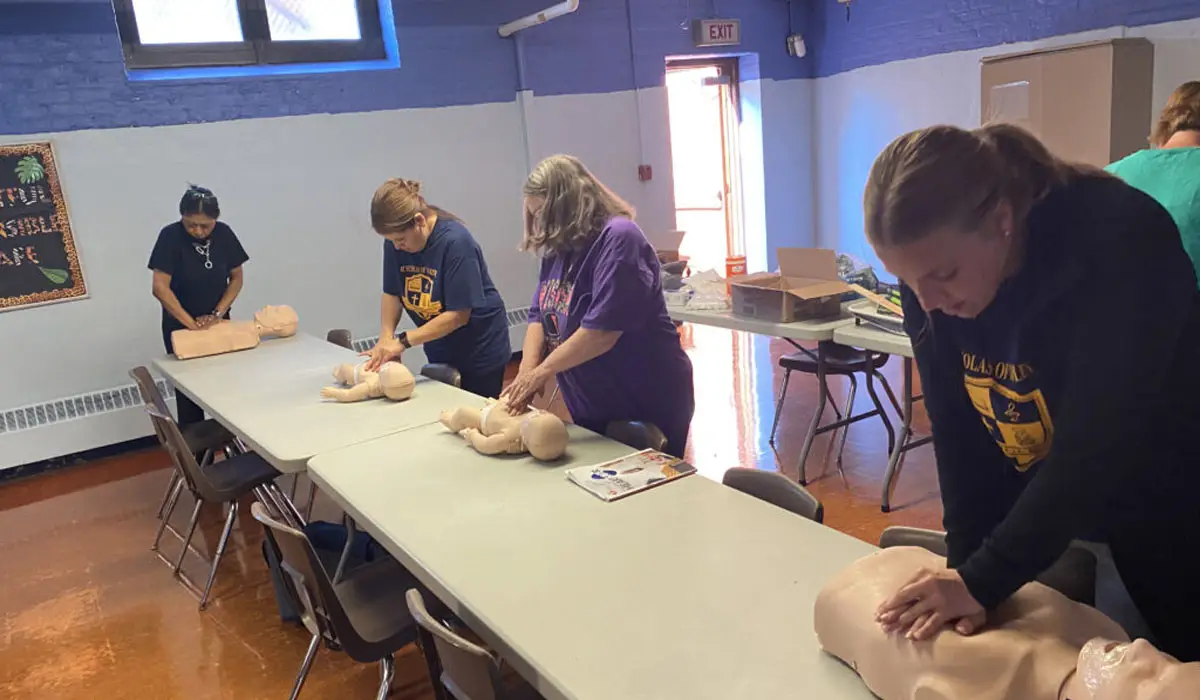
The PALS Training Curriculum
The Pediatric Advanced Life Support Training Curriculum holds paramount importance in the field of healthcare, particularly for healthcare providers dealing with pediatric patients.
Key Components Of PALS Course Content
The curriculum covers essential topics such as the Pediatric Assessment Triangle (PAT), Basic Life Support (BLS) for Pediatric Patients, Recognition and Management of Respiratory Emergencies, Shock Management, Cardiovascular Emergencies, and Post-Resuscitation Care.
Hands-On Training And Simulation
PALS training emphasizes a hands-on approach to learning, enabling healthcare providers to practice resuscitation techniques and use medical equipment effectively. Simulation scenarios facilitate team coordination and expose providers to realistic pediatric emergency situations.
PALS Training Certification And Renewal
PALS (Pediatric Advanced Life Support) certification and renewal play a vital role in ensuring the highest standards of pediatric care. It equips healthcare providers with essential life-saving skills and knowledge to respond confidently to critical situations involving infants and children.
To obtain PALS certification, healthcare providers must successfully complete the training, demonstrate competence through written and practical exams, and meet specific continuing education requirements.
PALS certifications typically have a validity period, requiring providers to renew their certifications regularly. This process involves completing refresher courses and assessments to ensure that providers stay current with the latest advancements in pediatric care.
Exploring Free PALS Certification Options
Exploring free PALS certification options is of paramount importance for healthcare providers and aspiring medical professionals. PALS (Pediatric Advanced Life Support) certification equips individuals with vital skills to respond confidently and effectively during critical pediatric emergencies.
However, it’s crucial to consider the quality and comprehensiveness of such courses, as they may lack the necessary depth and interactivity of accredited programs.
Before choosing a PALS certification online free, healthcare providers should carefully evaluate the course’s content, accreditation status, and alignment with current industry standards to ensure they receive adequate and reliable training.
PALS training is an indispensable investment for healthcare providers seeking to enhance their pediatric care skills. Obtaining a reputable PALS certification American Heart Association equips providers with the competence and confidence to handle pediatric emergencies with proficiency and compassion. By choosing the right training option and dedicating themselves to ongoing professional development, healthcare providers can continue to deliver the highest standard of care to their youngest patients.
Step into a world of excellence in medical training with Illinois Safety. Our commitment to providing unparalleled Pediatric Advanced Life Support (PALS) training and other vital courses ensures you’ll be well-equipped to respond confidently in any emergency situation. Check our customers’ reviews to see what one of our valued participants had to say about their experience. If you have any questions or are eager to begin your journey towards becoming a proficient life-saver, check out our FAQs or give us a call at (630) 290-4280. Empower yourself with life-saving skills at Illinois Safety and be the difference when it matters most.
Illinois Safety Offers The Classes As Follows:
Other Articles We've Hand-Picked For You:
Frequently Asked Questions
PALS training goes beyond BLS CPR and focuses on specific pediatric assessment and resuscitation techniques tailored to children. It equips healthcare providers with advanced skills to manage critical pediatric emergencies effectively.
Yes, PALS certification is highly recommended for healthcare providers working in settings where they may encounter pediatric emergencies. It enhances their competence and confidence in handling critical situations involving children.
Blended training offers hands-on experience and immediate feedback from instructors, it can also provide flexibility and convenience, allowing you to study at your own pace.
The PALS curriculum covers essential components such as the Pediatric Assessment Triangle (PAT), Basic Life Support (BLS) for Pediatric Patients, Recognition and Management of Respiratory Emergencies, Shock Management, Cardiovascular Emergencies, and Post-Resuscitation Care.
PALS certification typically lasts for two years. To renew your certification, you can complete a refresher course and pass the required assessments to demonstrate your ongoing proficiency in pediatric care.
Yes, the American Heart Association (AHA) is a reputable authority in cardiovascular and pediatric resuscitation training. AHA PALS certification is recognized and accepted by healthcare institutions globally.
Accredited PALS certifications adhere to the latest guidelines and best practices in pediatric care. They are widely accepted by healthcare institutions, ensuring that certified providers are competent and reliable during pediatric emergencies.
Yes, typically, providers need a current Basic Life Support (BLS) certification and a valid healthcare provider license as prerequisites for PALS training.
PALS training encourages effective teamwork and communication among healthcare providers during pediatric resuscitation scenarios. Providers learn to work cohesively, delegate tasks, and communicate clearly to optimize patient care.
You can check our website to learn more and read some reviews of our previous students.
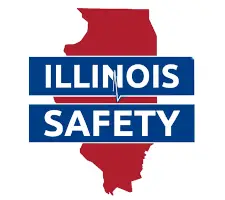
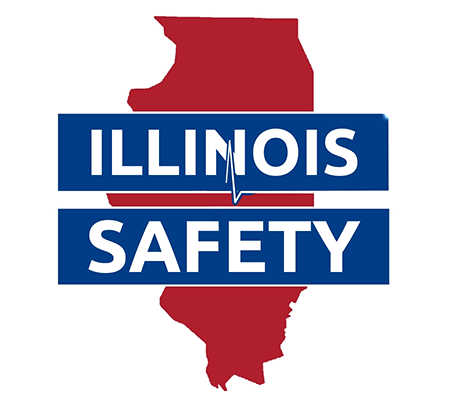
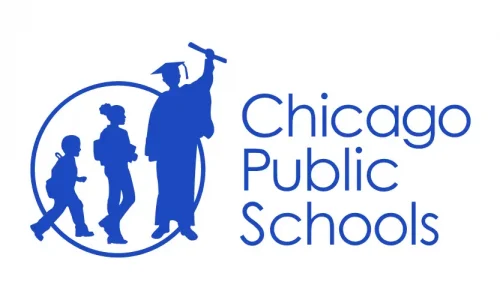
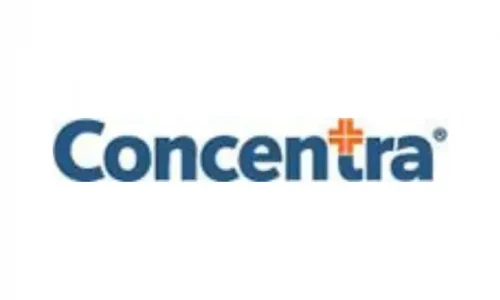
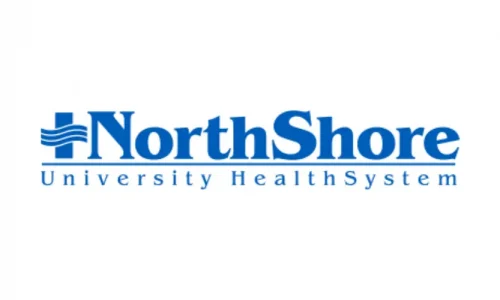

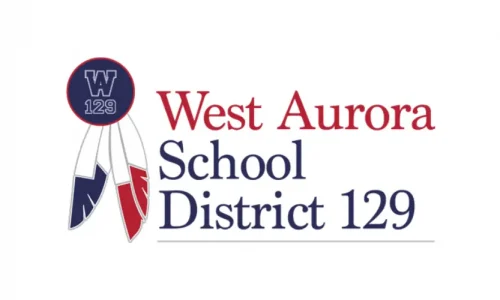

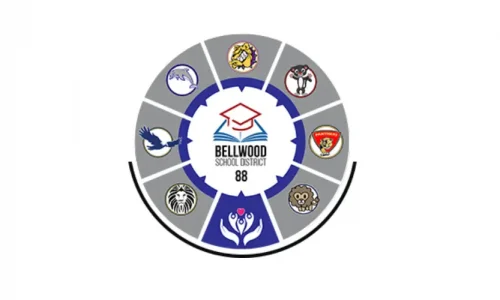
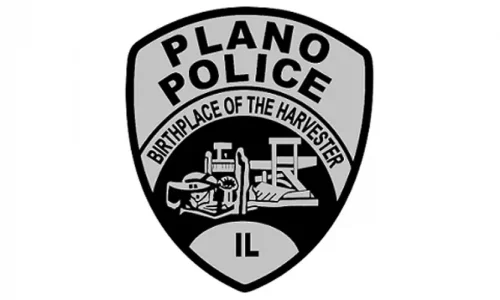
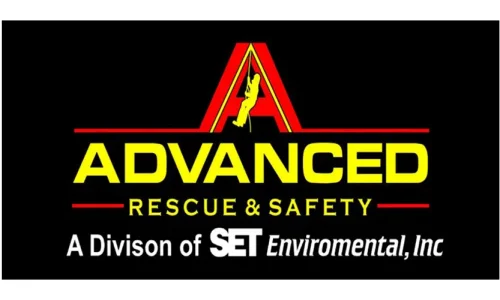
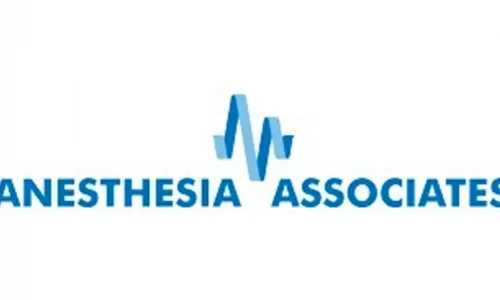
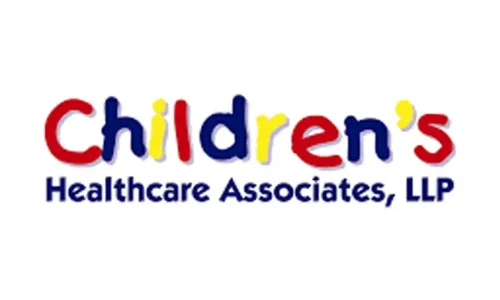

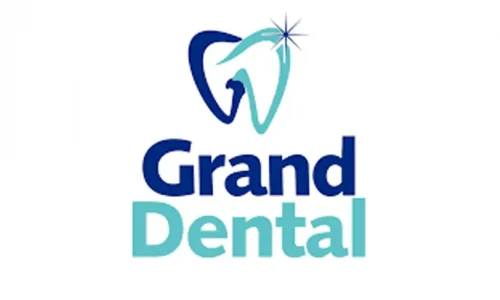
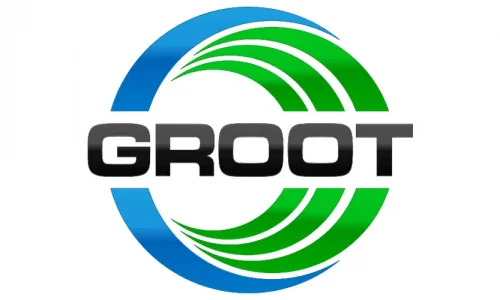
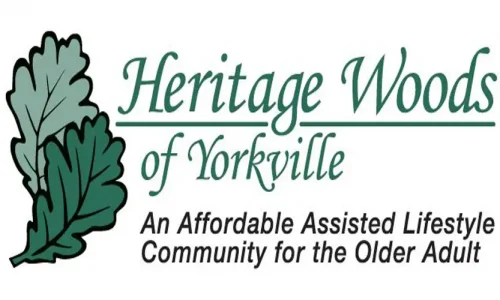
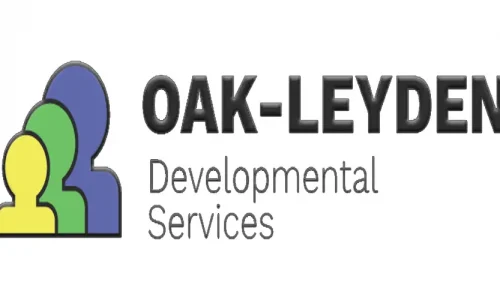
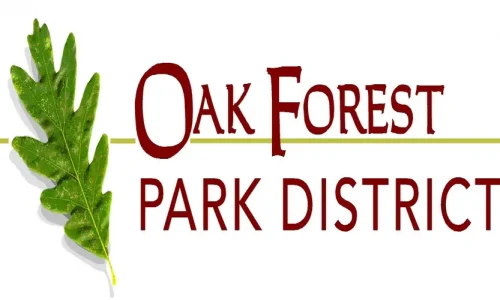
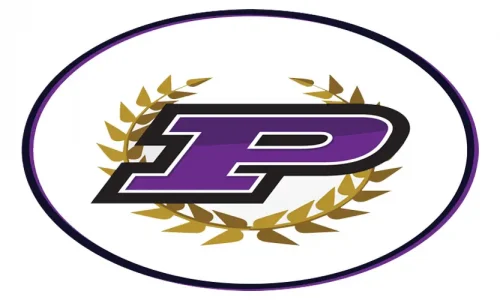
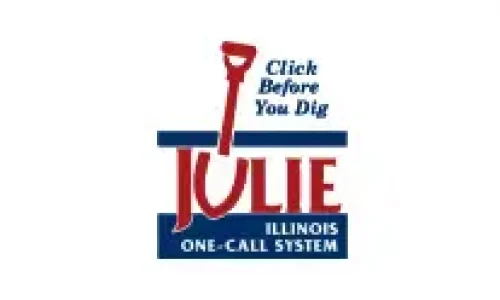

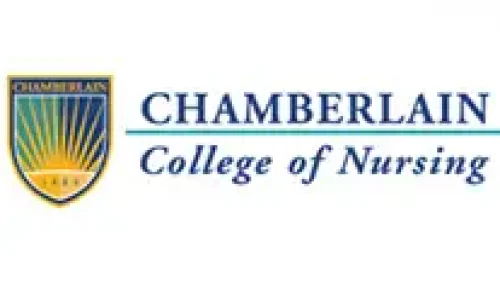
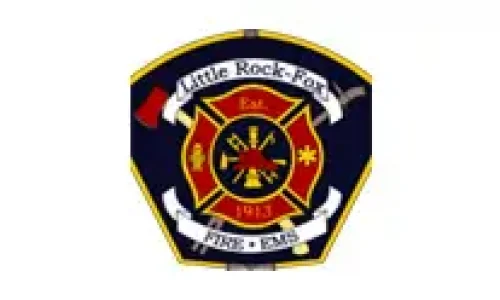
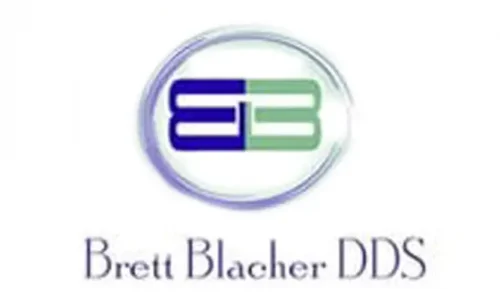
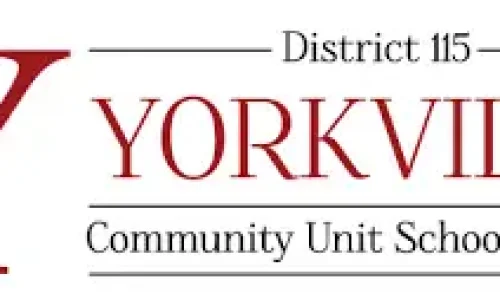
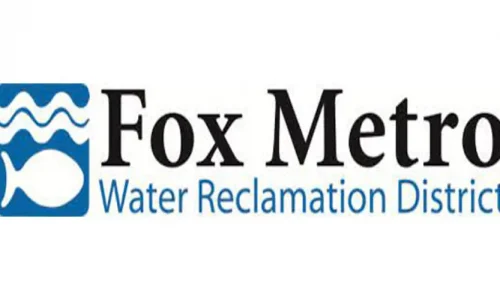


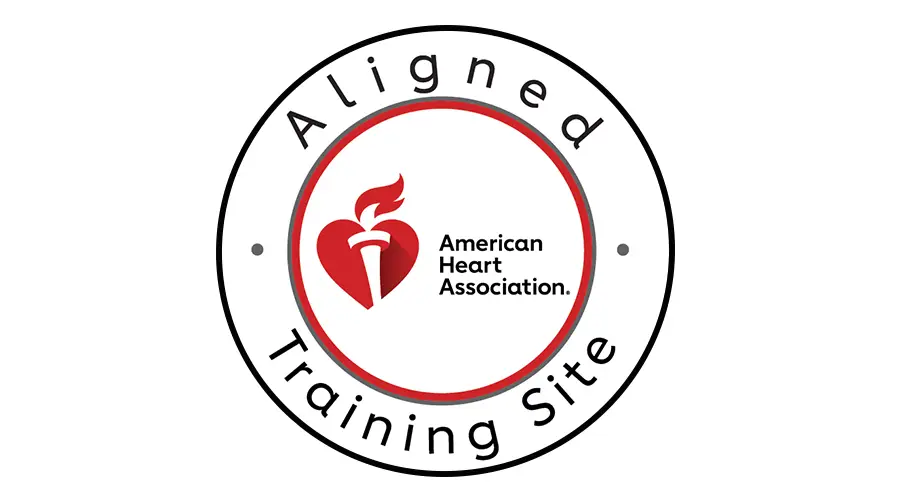
 Powered by
Powered by